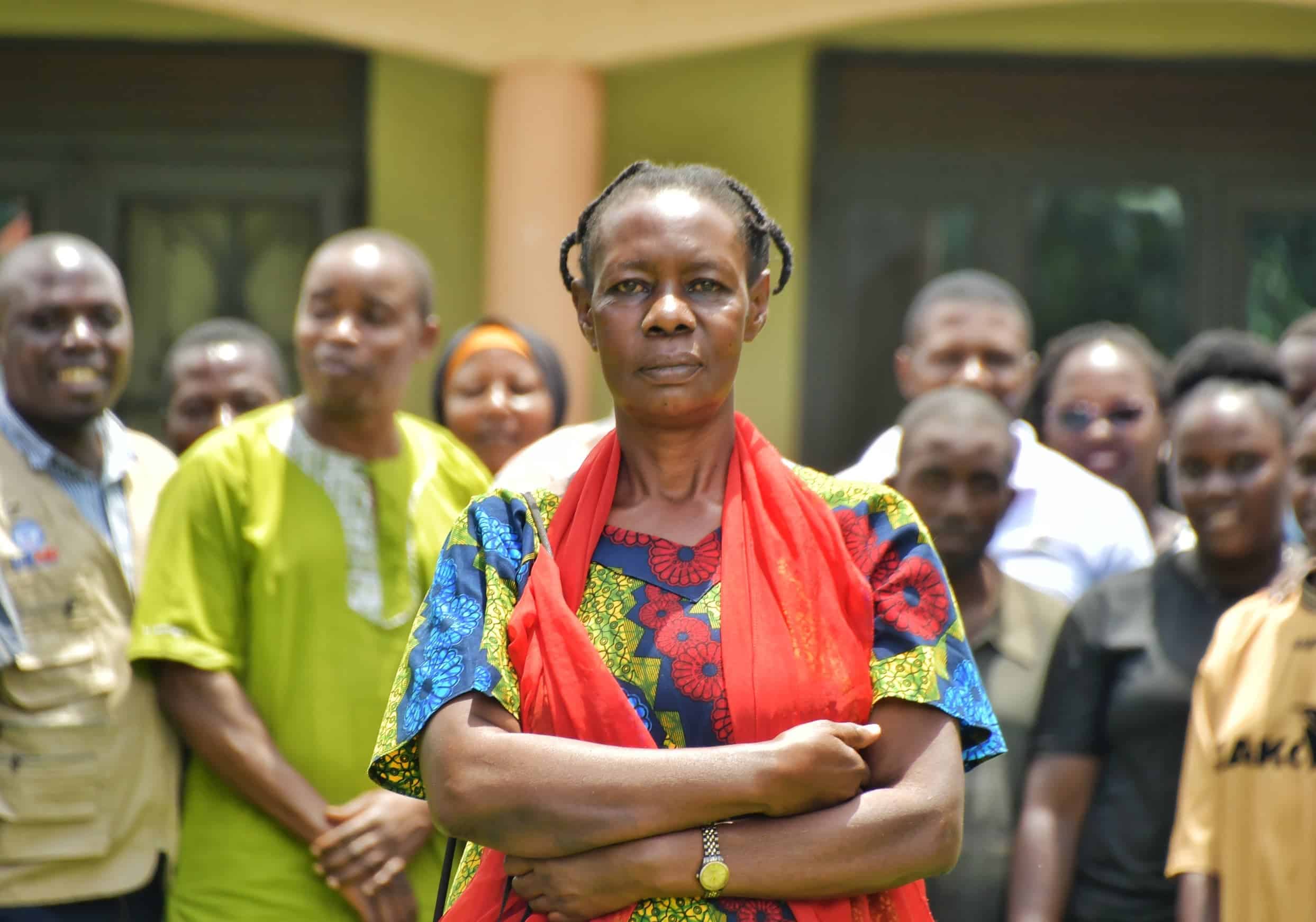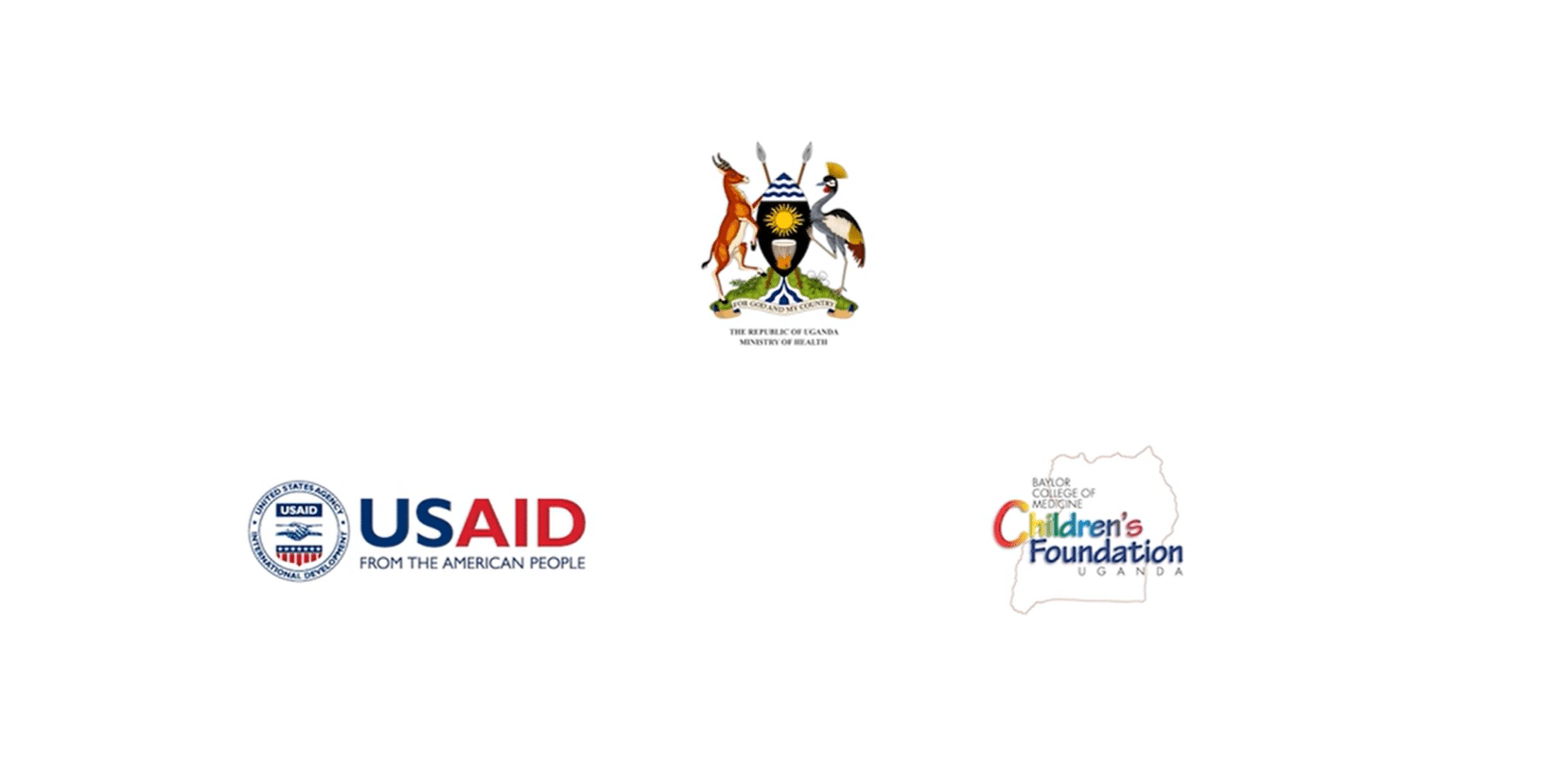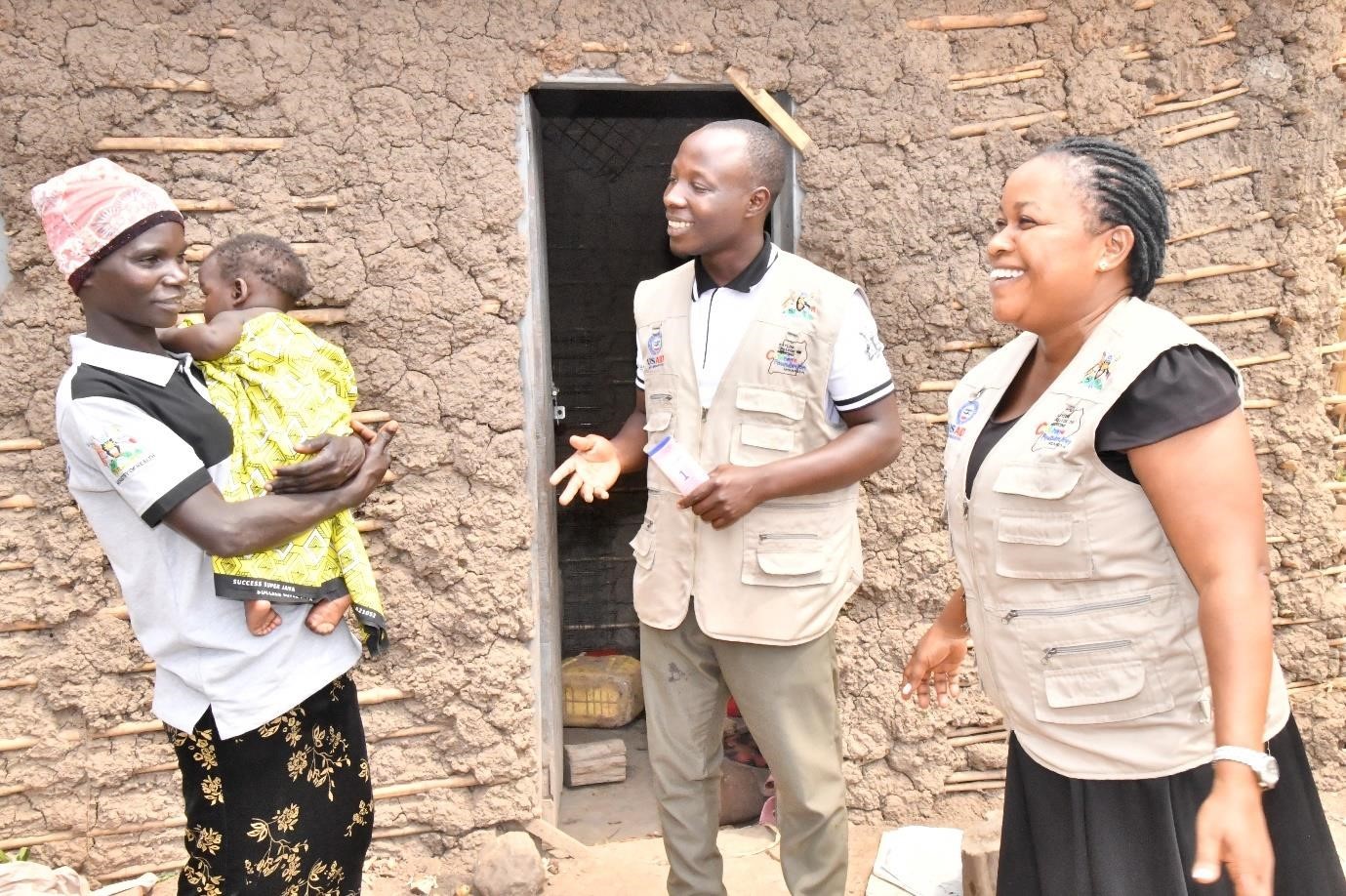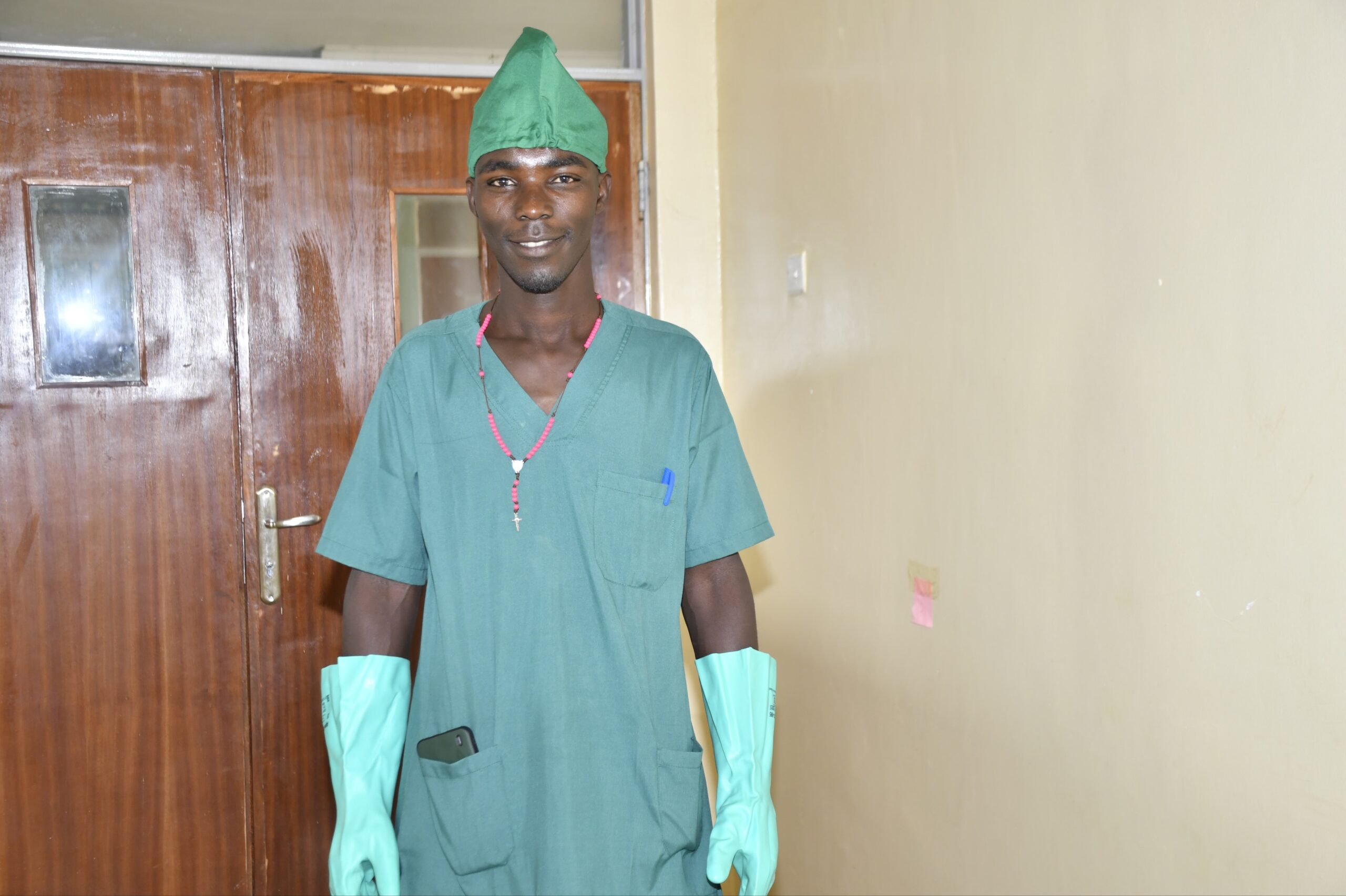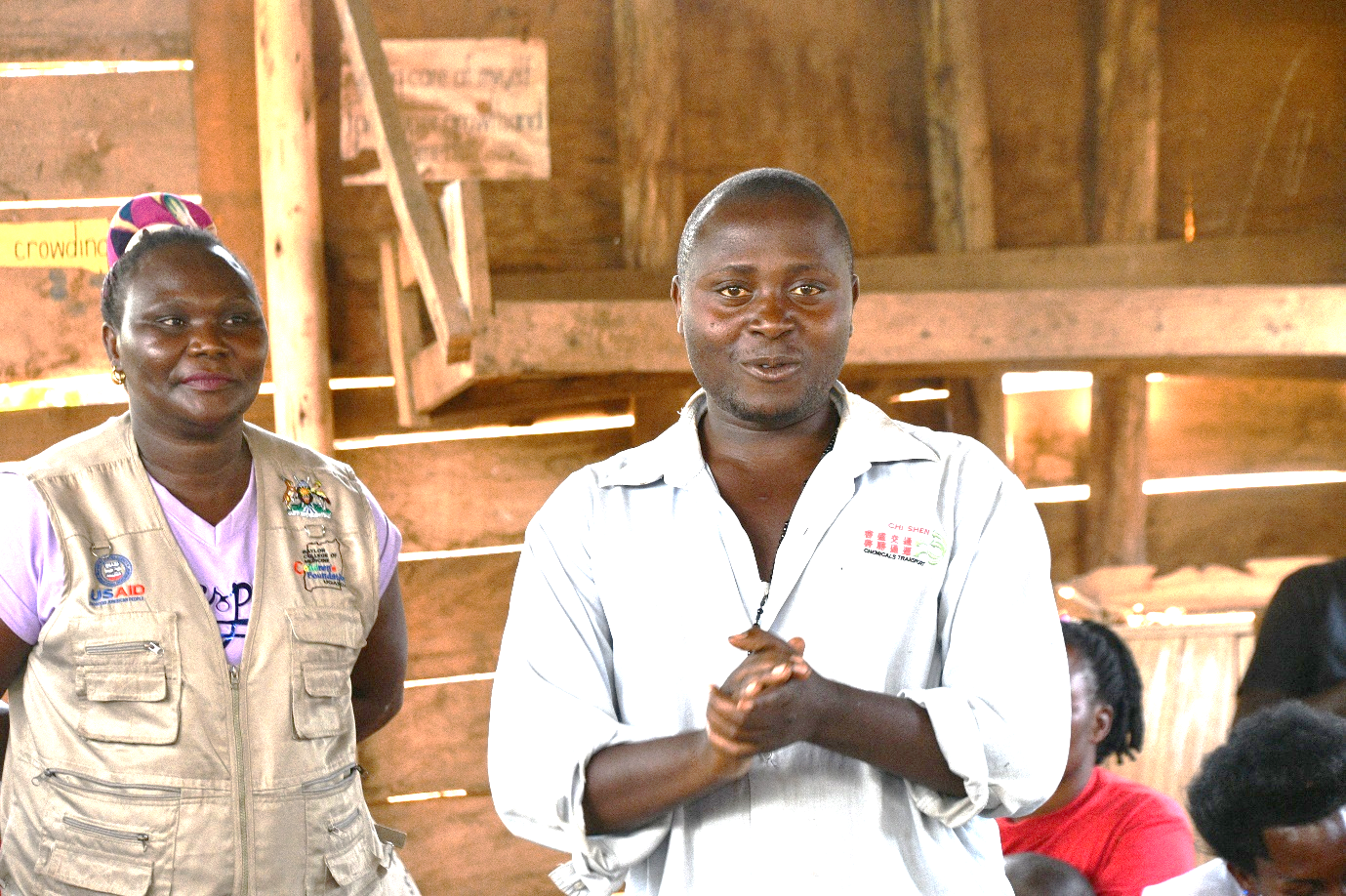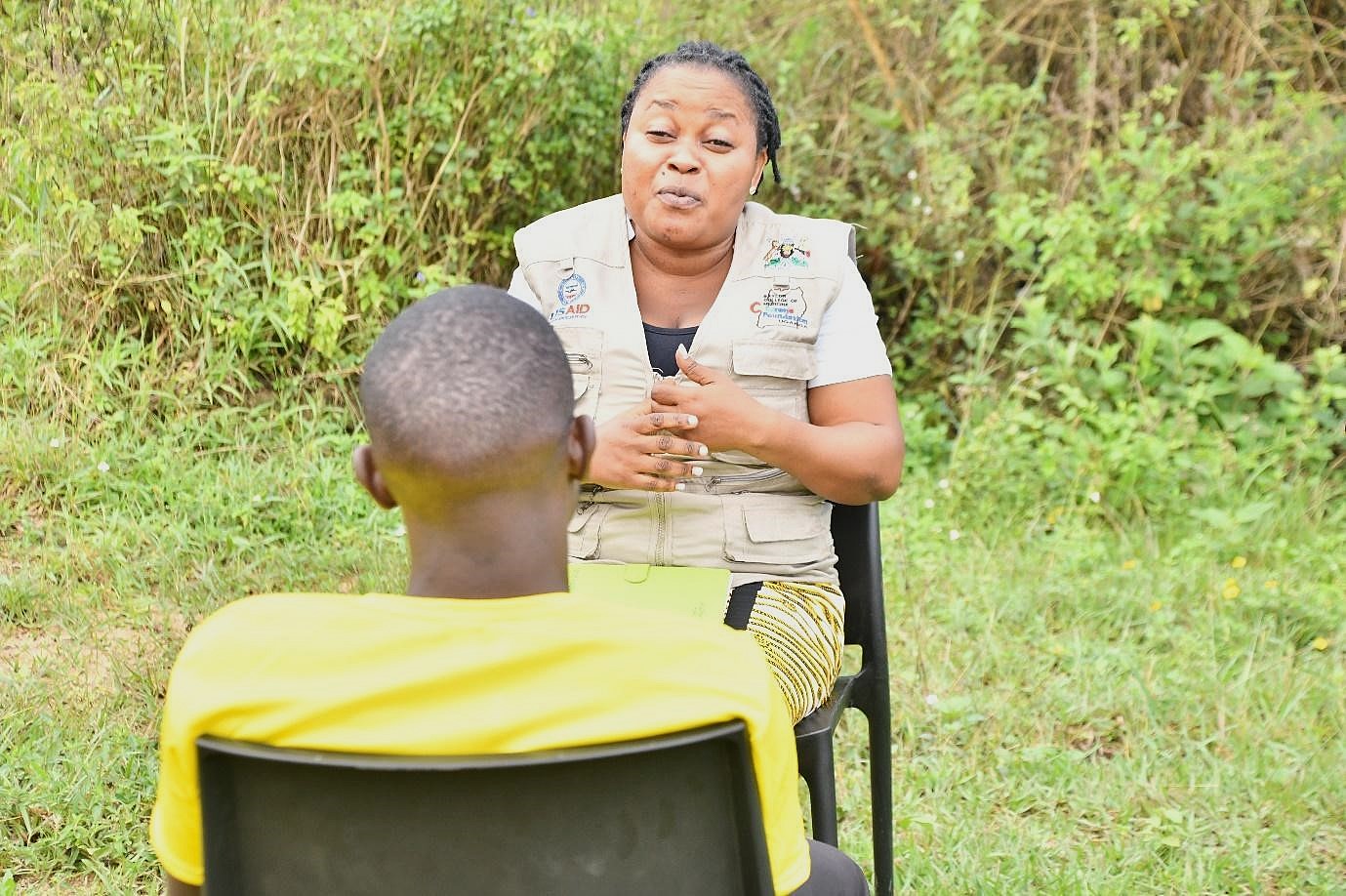Bernard Bwambale is a comprehensive nurse who lives in Nakasozi village in Kalwana sub-county, located in Kassanda district. Bernard Bwambale has dedicated his life to serving his local community, and is among the numerous community members who unknowingly contracted the Ebola virus disease (EVD) from an index patient who had fainted and gone to his clinic. Unknown to Bernard, the Sudan Ebola virus disease (EVD) outbreak that had broken out in Mubende district located 48 km away, had spread to his district.
Ebola in Kassanda
“When Matovu fainted, we took him to my clinic where I administered intravenous fluids and did some tests on him that revealed that he did not have malaria or typhoid, but had peptic ulcers. “I started treating him with antibiotics and other medications to reduce the stomach acids, and he seemed to improve.
Unfortunately, a few days later, Matovu started bleeding from the mouth and nose. Bernard was now frightened that the disease he had been trained about at the subcounty had reached his community. “I immediately called for an ambulance, which took Matovu to the hospital,” Bernard adds. Unfortunately, Matovu passed away. However, Bernard had jotted down all of Matovu’s contacts on a piece of paper and he gave it to the surveillance team to monitor and prevent further transmission chains. Everyone on Bernard’s list, as well as others, were eventually admitted to Mubende Regional Referral Hospital. While several people died, others, including Bernard, survived.
Program helps survivors addressing prejudice from the community
When Bernard and the other survivors were discharged from hospital and they returned to their homes, they encountered stigma and discrimination from their community, causing them to experience psychological distresses such as stress, anxiety, depression, trauma, anger, grief, substance addiction, and suicidal ideation, among others. “We were not welcomed home from the hospital as is our custom, and no one wanted to be associated with us,” Bernard explains. To overcome this challenge, the Ministry of Health implemented the National Ebola Virus Survivors’ Program that is supported by Baylor-Uganda with funding from the United States Government. The program is supporting survivors to overcome various medical and psychosocial after-effects of the disease and is supporting their reintegration into society. With this newfound hope, Bernard and 14 other survivors have gone ahead to form the Kalwana Ebola Survivors Association. Using their own resources, the Association has reached out to other survivors, including a widow for whom they have built a new house and latrine. In addition, the Association is equipping 28 survivors and family members who lost their livelihoods, with business skills so that they can reclaim their lives,” says Bernard who is also the Association Chairperson.


